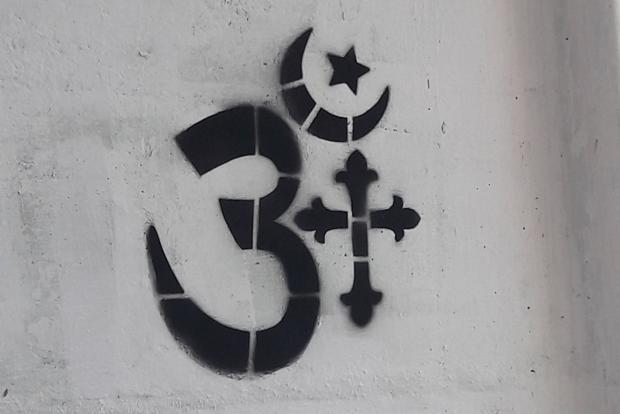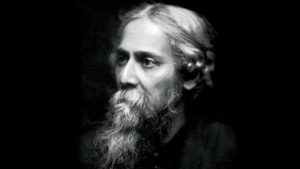Letter to Editor
Communal harmony is of paramount component for the social, economic and cultural development of any country. If only the followers of different religions had the vision of Swami Vivekananda who had proclaimed: “Different religions are like the streams which lead to the same ocean”! If all people developed a deeper understanding of their separate religions, they will realise that all religions talk of love and internal bliss and prohibit harming all creatures—living as well as non-living.
Unfortunately, in our society, communal divisions are deepening. The last general election of 2019 would be remembered for polarisation of votes on the basis of caste and religion while the real issues like poverty, unemployment, suicide of farmers and other economic & social problems receded in the background. Majority of political leaders openly canvassed on the basis of caste and religion. If this trend continues, we are heading for a serious social and political crisis.
Some suggestions for promoting Communal Harmony:
- Promoting the spirit of the Preamble of Indian Constitution: This reflects the spirit of national integration of our national leaders who fought against British empire, culminating in India becoming free in 1947.
- Political & Administrative measures: Each ethnic, tribal, religious and linguistic group should have freedom to protect their own culture and freedom, as also envisaged by the Constitution. At the same time, there is an urgent need to ban all communal parties and communal organisations by which the danger of communalism can be made less serious.
- Involve NGOs as well as social, cultural and educational institutions in promoting National Integration.
- Set up an Interfaith Dialogue Committee: This will help promote understanding between different religions.
- Promote Moral Education in Education institutions: This should include the basic teachings of all religions.
- Exhort people to celebrate festivals of different religion together.
- Organise exhibitions highlighting unity in diversity in the country.
- Organise film festivals and screen films that depict our country’s rich diverse culture, and appreciation of this diversity.
- Promote intercaste & interreligious marriages: Dr B.R. Ambedkar was of the opinion that the most effective way to tackle with the problem of casteism is to promote intercaste marriage. Unfortunately, our society is moving in the opposite direction, and young couples are being killed for marrying across religion and caste. The government should openly promote inter-caste and inter-religious marriages, and publicly honour couples who have such marriages.
- Set up of Mohalla committees to promote peace communal harmony.
- Exhort the Media to promote Communal Harmony: The media should be mobilised to maintain and spread communal harmony and take the message of ‘unity in diversity’ as well as teachings of different religions that emphasise the unity of mankind and the values of humanism to the people of India.
- Promote social movements at the grassroot level for promoting communal harmony, and involve eminent intellectuals and social activists for this.
- Promote visits of people of different religions to each other’s religious places—not only will this have economic benefits for the locals, it will also enable a greater appreciation of different religions.
- Organise ‘Festivals of communal harmony’: Festivals like Delhi’s oldest secular festival, Phool Waloon Ki Sair, need to be organised throughout the country.
- Teachings of different religions should be compiled and distributed among the people of the country, including teachings of Saint Vivekananda and other saints who propagated religious harmony and respect for all religions. Such teachings also need to be integrated in the curriculum of schools and colleges.
(Radhey Shiam was formerly the General Secretary of Bharatiya Ekta Parishad.)


